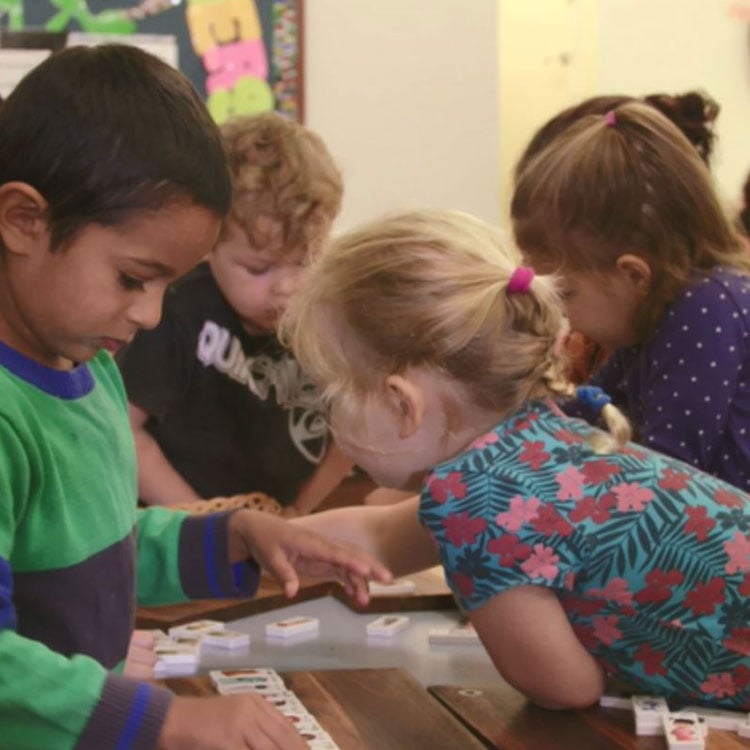Search
Research
Exploring LGBTQA+ young people’s experiences of suicidality: a qualitative studyPenelope Helen Yael Strauss Morgan Perry BA, MPH, PhD BA (Hons), Doctor of Psychology BPsych (Hons) MPsych (Clin) PhD Research Fellow in Youth
Research
Global Scales for Early Development: Piloting the Family Check Up ProgramEvery year, over 80,000 Western Australian children will have a diagnosed mental health disorder.
Information from the Healthy Pregnancy & Me brochure for pregnant women on BMI and guidelines around healthy weight gain during pregnancy.
Information from the Healthy Pregnancy & Me brochure for pregnant women on exercising safely and healthily during their pregnancy.
Research
Hospitalisation for oral health-related conditions in children with intellectual disability in Western Australia: a population-based cohort studyHelen Leonard MBChB MPH Principal Research Fellow +61 419 956 946 helen.leonard@thekids.org.au Principal Research Fellow Areas of research expertise

The Western Australian Child Development Atlas will use geospatial technology to map data on Western Australian children’s health, learning, development and social characteristics, giving community leaders and service providers the ability to identify the priority issues for their children.

More than 100 leading Australian stakeholders with early childhood expertise were invited to work with CoLab to develop the first Australian EC Declaration.
IDEA (Intellectual Disability Exploring Answers) Database
Research
Improving Wellbeing for Young People Living with Rheumatic Heart Disease: A peer support program through Danila Dilba Health ServiceThis project seeks to conduct a focus group for young people (aged 11-14) and their parents/family members through the Danila Dilba Health Service (DDHS) in Darwin with the aim of identifying consumer needs and perspectives on next steps and priorities for peer support in RHD.
Research
Innovative Playful Learning Approaches to Improve Children’s Readiness for Primary Education in UzbekistanThe Government of Uzbekistan has committed to reforming preschool education, prioritising upskilling teachers to use international best practice.
